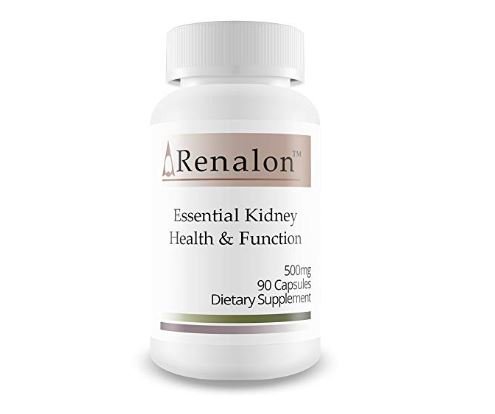The 3 Most Common Mental Health Disorders Among Millennials

There’s a reason why we spend so much time talking about the millennial generation. They’re different than any generation that came before them and, honestly, they had no choice.
Kids who grew up in the millennial generation never knew what it was like to live without the internet. For the most part, technology was always a major part of their lives. This is very different than the generations that came before them.
Just like all generations, Millennials are a product of their environment.
But what we’re learning now is that a technology-driven environment may come with an increased likelihood of developing certain mental health disorders.
The following are three of the most common mental health disorders that millennials face.
1) Anxiety

According to a 2015 study by Penn’s Center for Collegiate Mental Health, more than half of the 100,000 students visiting campus health clinics listed anxiety as a concern.
A 2014 National College Health Assessment found that 56.9 percent of students felt overwhelming anxiety in the past year. Nearly 50 percent of the students surveyed also had feelings of hopelessness within the same year.
Anxiety has been on the rise since the 30s, and no one can be sure why. Dr. Jean Twenge is a social psychologist and the author of Generation Me: Why Today’s Young Americans Are More Confident, Assertive, Entitled—and More Miserable Than Ever Before. Twenge suggests that it has to do with all the change and upheaval this generation has faced.
Regardless of the reason, it’s clear that anxiety is a major issue for millennials.
2) Depression

Blue Cross Blue Shield evaluated data from over 41 million commercially insured members and found that depression rates have increased by 33 percent between 2013 and 2016.
The most drastic increases were in teens and millennials. Depression rates for millennials increased by 47 percent in the same time period.
The outlook seems bleak from the numbers, but there are a few things to keep in mind. First, the data only includes people who have been diagnosed with major depression. This is an important distinction, especially when we’re talking about millennials and younger adults.
In recent years, it seems as though the stigma surrounding depression and mental health issues has lifted. Millennials are much more comfortable talking about their mental health than previous generations (generally speaking).
So while it seems like a significant increase, the reality may be that millennials who are depressed are more likely to get help. And that’s a very bright silver lining.
3) Addiction

Not only did millennials grow up with technology, but they also grew up in a time when opioid pain relievers were being diagnosed at record rates.
Couple that with increased rates of depression and anxiety and it should be no surprise that millennials have a problem with substance abuse. According to the National Institute on Drug Abuse, millennials are in the age group that’s showing the highest rates of illicit drug use.
Prescription and study drugs seem to be among the biggest issues of this generation. Adderall addiction runs rampant on college campuses, and young adults use these stimulants to get ahead at work.
If you know someone who has a drug problem, encourage them to get help as soon as possible. Friends and family can help, and many colleges now have resources to help students with addiction. The longer someone suffers from addiction, the harder it’ll be to recover, so if you see something, say something.
Conclusion
Millennials get a bad rap for a lot of things, but this generation is also dealing with issues that previous generations did not. In many ways, the mental health disorders that are common among millennials are a reflection of the society in which they are raised.
If you or someone you love is suffering from depression, anxiety and/or addiction, talk to a counselor about what’s going on. You are not alone.
Editor's Pick
What Is Emotional Wellness and Why Is It Important?
4 Avoidable Stressors That Impact Your Health
Most Popular Editor's Pick
Sorry, no posts matched your criteria.





